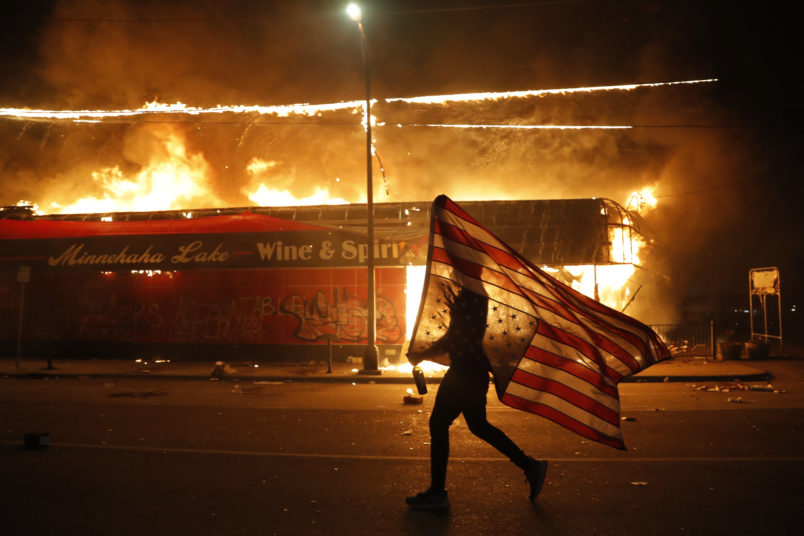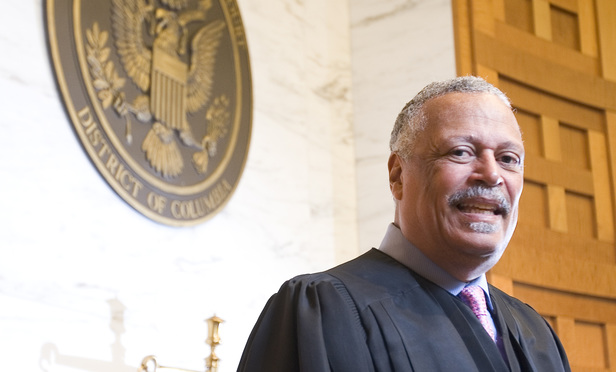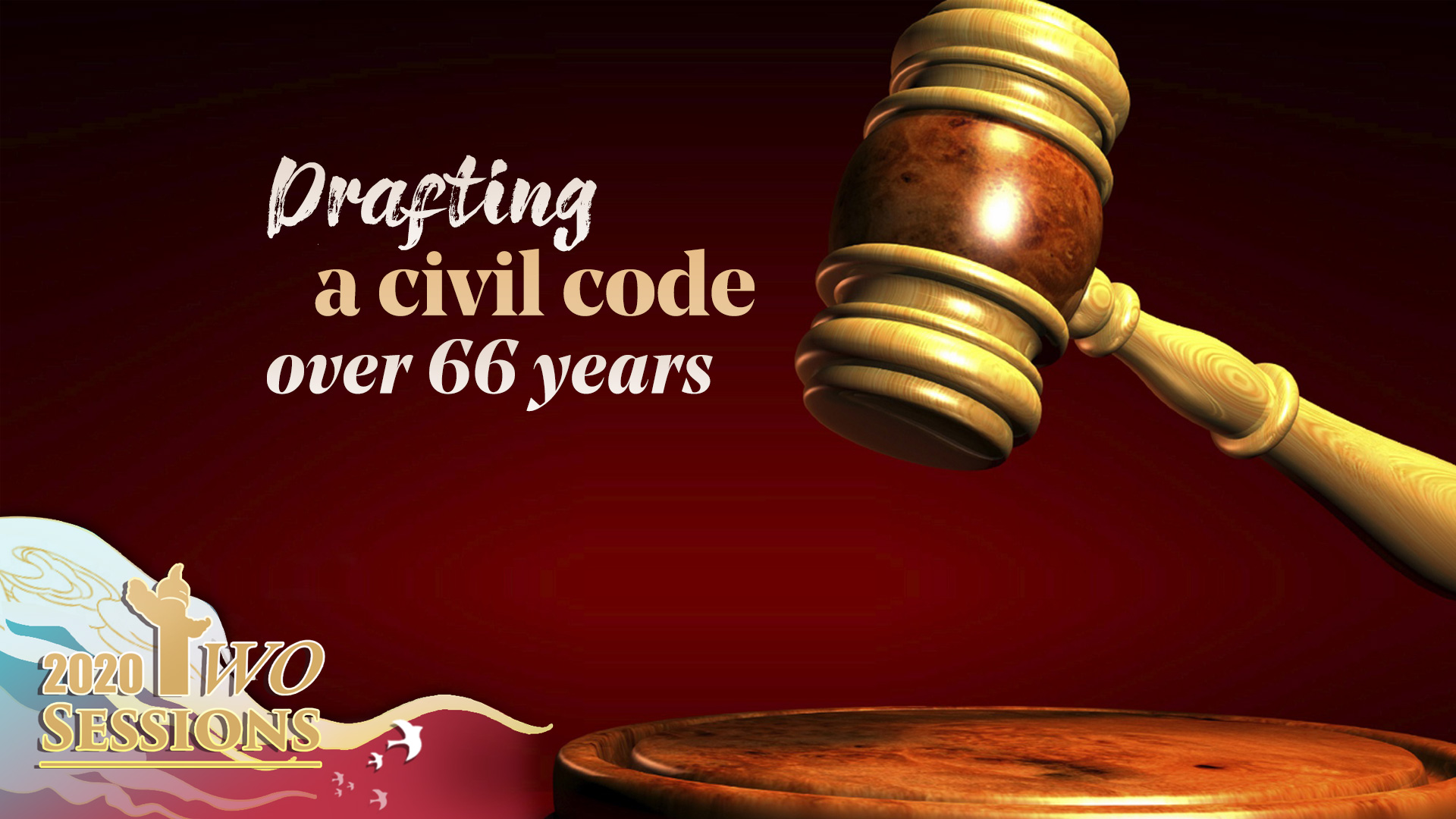
Violent Protests Could be a Gift to Trump | Talking Points Memo
by John Judis
***The protests, of course, are the direct result of racial injustice in America. With his incendiary rhetoric, Trump, too, deserves blame. But the nature of the protests – the anarchy, the obliviousness to means to ends – reflects the profound lack of leadership on the American left. There are numbers and energy, but no constructive direction that could shape protests to accomplish needed ends the way Martin Luther King and the Southern Christian Leadership Conference or Walter Reuther and the United Auto Workers did during the late 1950s and early 1960s. Black Lives Matter and Indivisible are networks of people and groups. They are rallying cries, not organized movements with recognizable leaders.
The labor movement is a shell of its past. The Democratic Socialists of America has impressive numbers, but is dominated ideologically by far leftists who even refuse to endorse Biden against Trump. Bernie Sanders’ Our Revolution became a lame appendage of his campaign.
You want to know what four more years of Trump could look like in America? Think of the protests in Minneapolis and elsewhere, on the one hand, and the armed militias in state capitols demanding that the states “open up.” Magnify their numbers and frequency. Think of America from 1854 to 1860 or during Nixon’s first term, when there were about four bombings a day. It’s not a pretty picture, and it’s one that I desperately hope that we can avoid.





